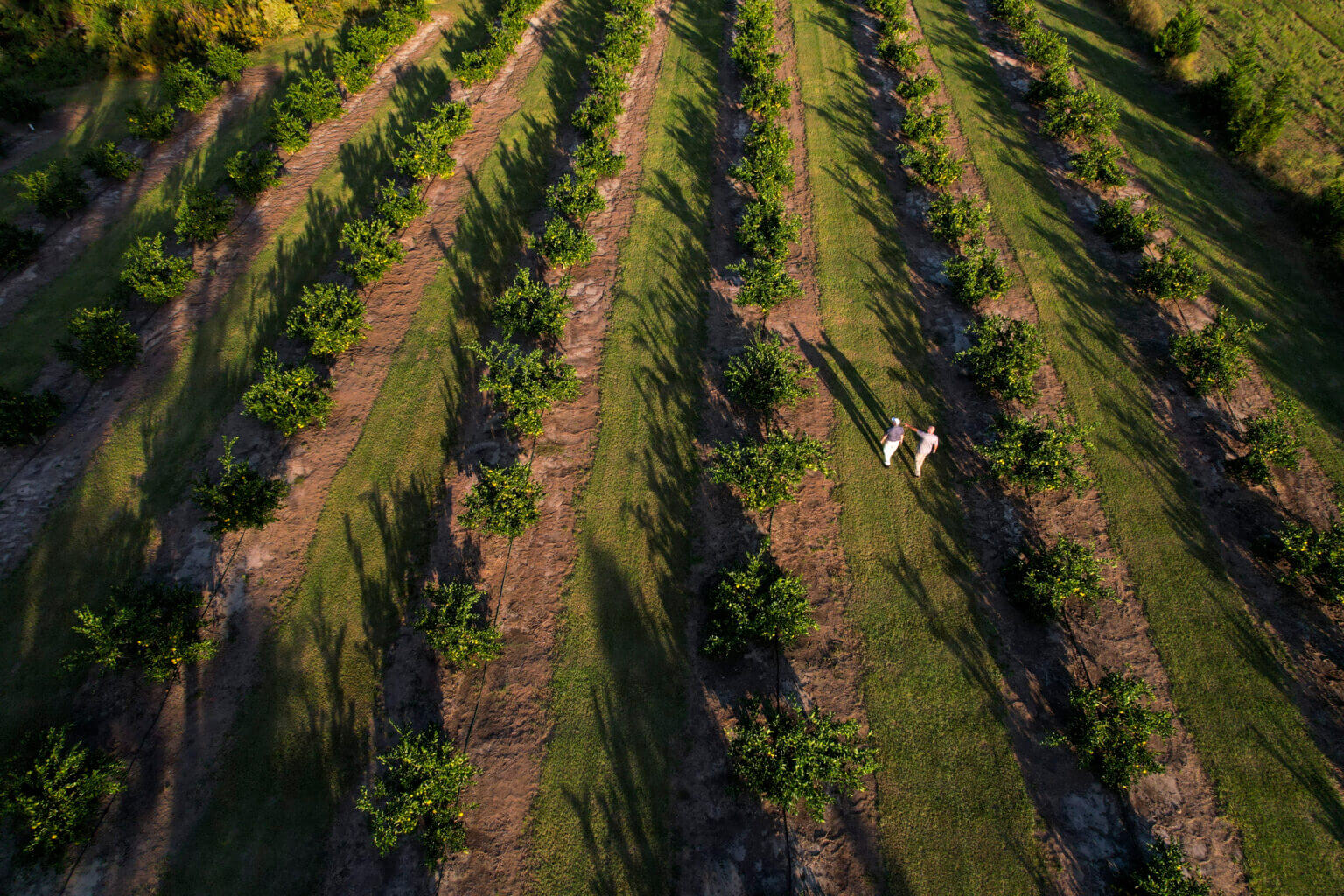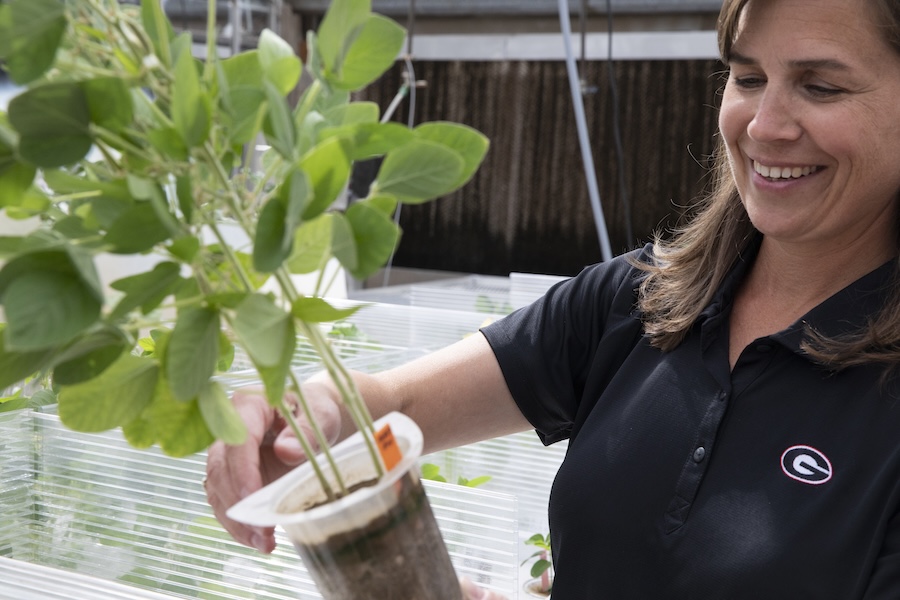U.S. farmers and farm experts knew they’d soon lose a popular chemical used to control major crop pests. But the end has come sooner than they expected.
Bayer CropScience announced last week that it would end production of methyl isocyanate, or MIC, at its factory in West Virginia. It will close this factory and one in Georgia. MIC is used to make Temik, which Georgia farmers have used for four decades to control insects and nematodes on major row-crops like peanuts, cotton and soybeans.
Last summer, the company agreed with the U.S. Environmental Protection Agency to phase-out Temik production by 2014 and its use by 2018. The agreement followed a new dietary risk assessment conducted by the agency.
But an on-going lawsuit surrounding the Bayer CropScience plant in West Virginia has delayed production at that plant, enough to prevent the company from producing MIC for this year’s growing season, according to a prepared statement by the company.
Farmers now will only be able to use the Temik that is stockpiled. And there is likely only 40 percent available of what would be needed in a typical year, said Bob Kemerait, a plant pathologist with University of Georgia Cooperative Extension, located in Tifton, Ga.
“Though I understand what has happened, it’s a very difficult situation for our growers, who are now scrambling and pressed to find alternatives (to Temik) as we quickly approach planting time and decisions,” he said.
Nematodes, which are tiny worms that feed on and clog plant roots, cost Georgia farmers $100 million annually in damage and control measures, Kemerait said. Planting for cotton, peanuts and soybeans will begin in a month.
Farmers knew they’d have to switch from using Temik, Kemerait said. And they, the agriculture industry and land-grant institutions like UGA were working to find economical alternatives.
“We certainly would have liked to have the time we thought we would,” Kemerait said. “My fear is many growers will make decisions out of desperation instead of careful research-based studies.”
There are alternative treatments that can be applied directly to seeds prior to planting. But the availability of such treatments in time for planting is not certain. A fumigant called Telone II can be effective, too, but it is already in short supply, he said.
Kemerait is telling farmers to target what Temik they have on nematode control, especially if they can find an alternative means to fight insects like thrips, which feed on plants.
“But it is unfortunate to lose a product like Temik. It is a unique, broad-spectrum product with a high level of nematode control and longer window of protection for thrips control.”






